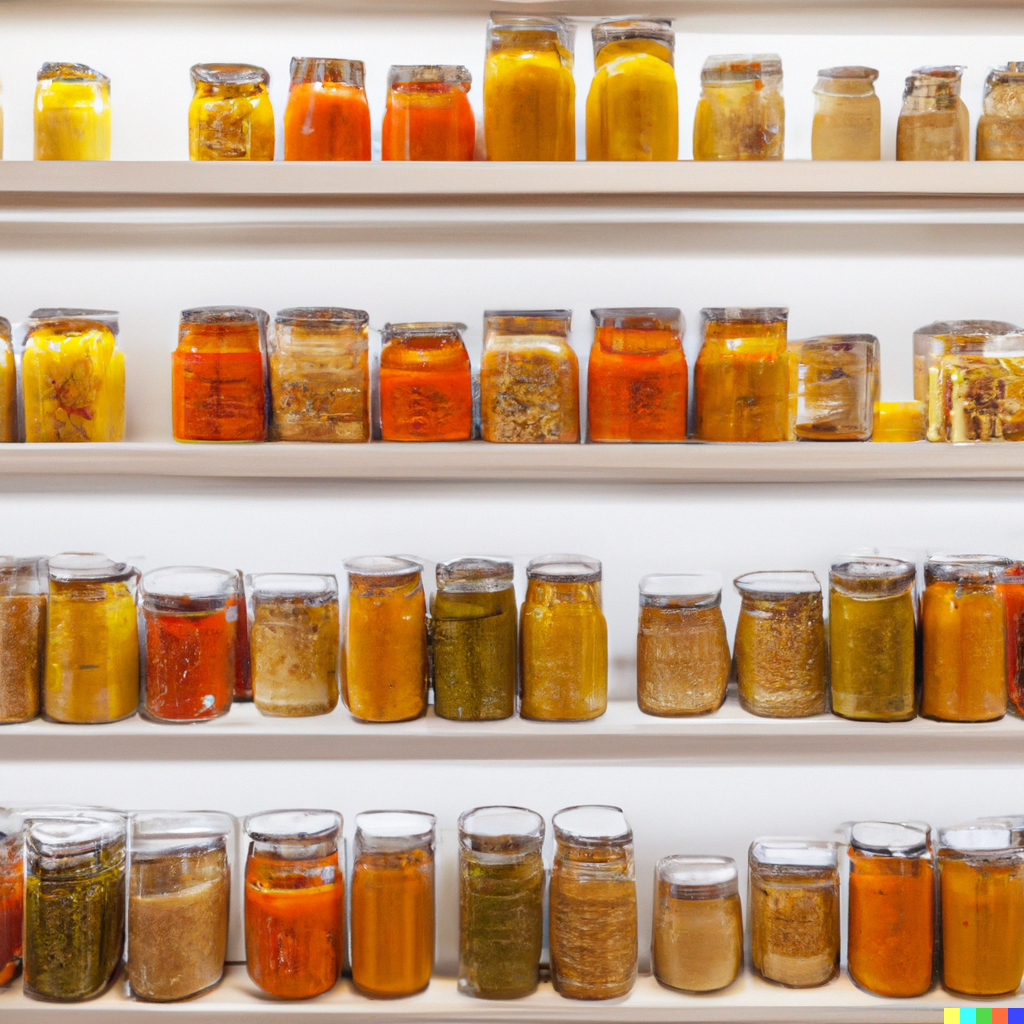Several vegetables have a longer shelf life compared to others due to their sturdy nature and ability to withstand storage conditions. Some vegetables known for their extended shelf life include:
- Root Vegetables: Potatoes, carrots, beets, turnips, and radishes have a longer shelf life when stored in a cool, dark, and dry place. Potatoes, especially varieties like russets, can last for several weeks to months when stored properly.
- Winter Squash: Varieties like butternut squash, acorn squash, and pumpkins have a durable outer skin that helps them last for several weeks to months when stored in a cool, dry place.
- Cabbage: Cabbage is quite hardy and can last for several weeks when stored in the refrigerator’s crisper drawer.
- Onions and Garlic: These bulbs have a long shelf life if stored in a cool, dry, and well-ventilated area. They can last for several weeks to months.
- Sweet Potatoes: Similar to regular potatoes, sweet potatoes can keep for several weeks when stored in a cool, dark place.
- Winter Greens: Vegetables like kale, collard greens, and Brussels sprouts have a longer shelf life compared to delicate leafy greens like lettuce.
- Bell Peppers: When stored in the refrigerator’s crisper drawer, bell peppers can last for a couple of weeks.
Remember, proper storage is key to maximizing the shelf life of vegetables. Store them in appropriate conditions, such as cool and dry places or refrigeration as needed, to extend their freshness. Checking them regularly and using any that show signs of spoilage can help maintain a longer shelf life for the remaining vegetables.
